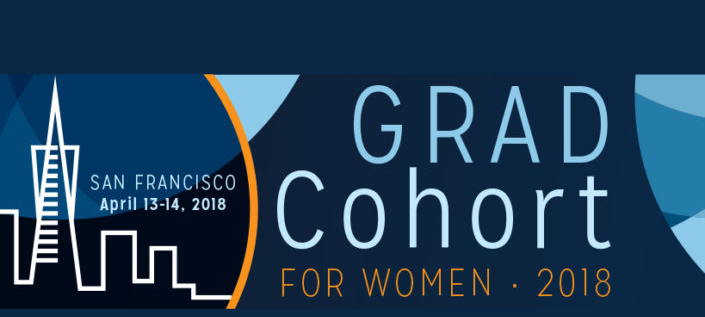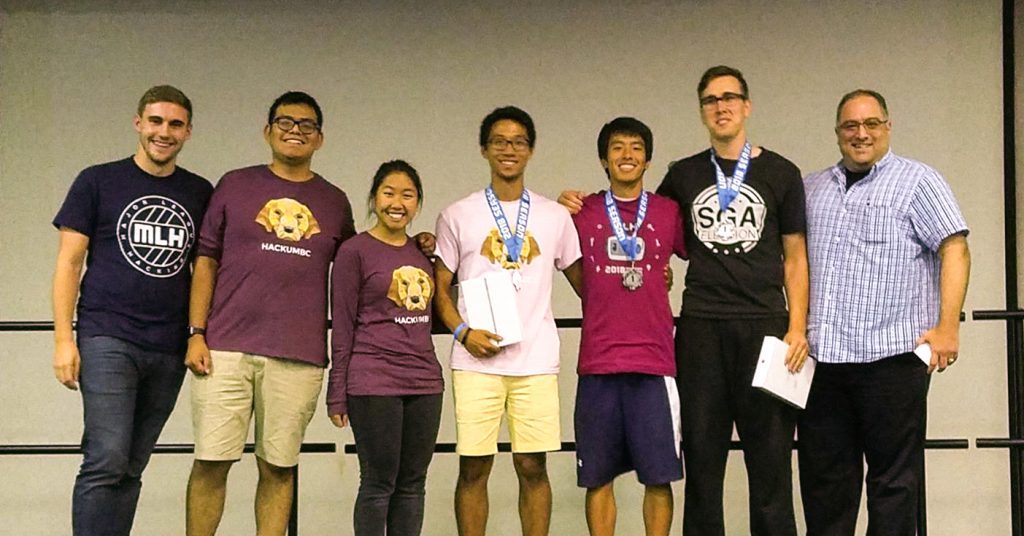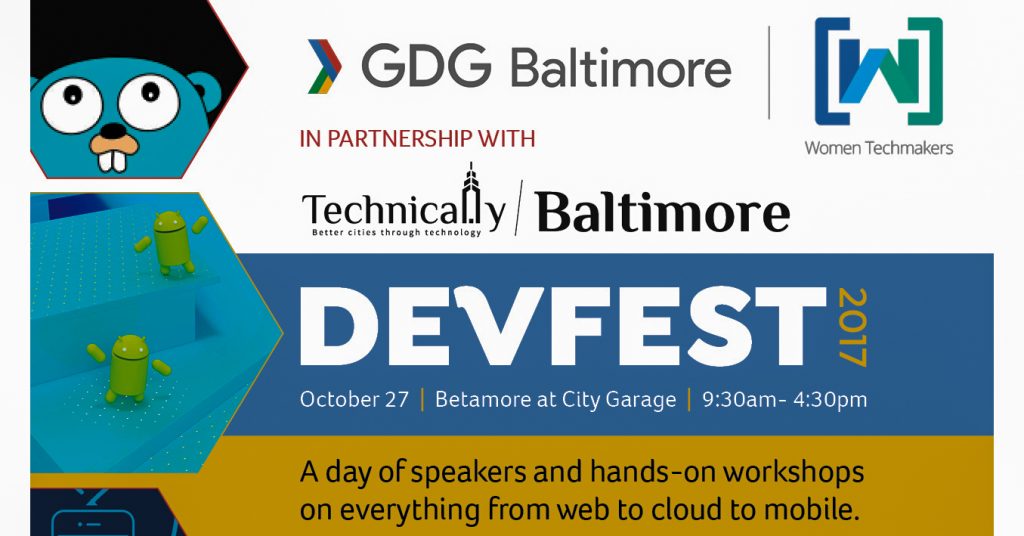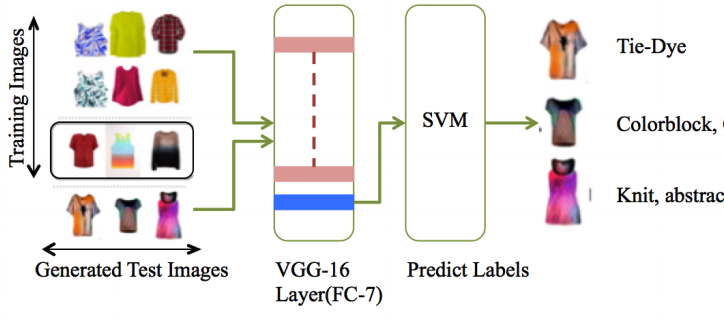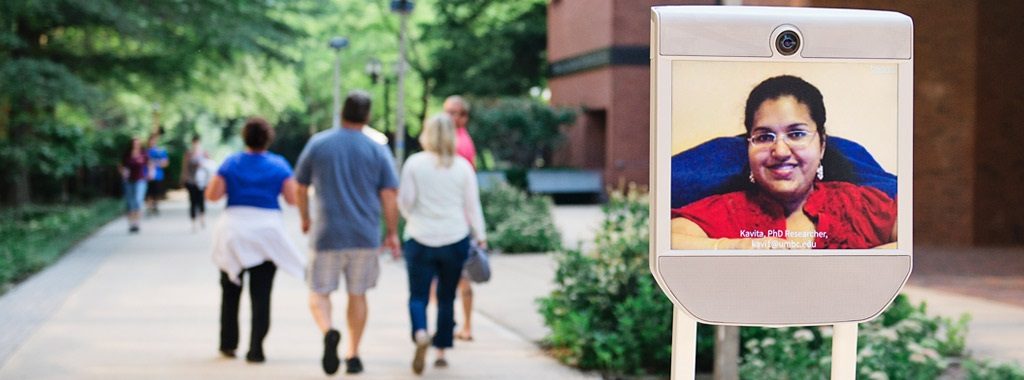
UMBC Ph.D. candidate Kavita Krishnaswamy receives
Google and Microsoft awards for robotics research
Kavita Krishnaswamy ’07, computer science and mathematics, Ph.D. ’18, computer science, has been named both a 2017 Microsoft Fellow and recipient of the Google Lime Scholarship. These prestigious honors recognize emerging scholars in computing who are dedicated to increasing diversity in the field, and Krishnawamy’s awards will support her Ph.D. research on “Smart Algorithms via Knowledge Management of Safe Physical Human-Robotic Care.”
“I am very humbled, honored, and grateful to Google Lime and Microsoft for providing me with this enriching experience and lifetime opportunity to serve society by advancing the field of human-robot interaction,” Krishnaswamy says.
The Google Lime Scholarship seeks to promote greater access to knowledge for people with visible and invisible disabilities. It was established through a partnership between Google and Lime Connect, a nonprofit focused on breaking stereotypes about disability and encouraging companies to recognize the importance and value of employing people with disabilities.
The program encourages students with disabilities to pursue their passions in computing and technology, and to become leaders in those fields. As part of the fellowship program, Krishnaswamy will receive scholarship funding and will participate in the 2017 Google Scholars’ Retreat.
Through the Microsoft Fellowship, Krishnaswamy will receive funding to support her Ph.D. research and will participate in the Microsoft Research workshop held in fall 2017. Her research currently focuses on building a teleoperated mobile robotic prototype, in addition to creating an accessible robotic interface, that seniors and people with disabilities will be able to control by repositioning their arms and legs. Tim Oates, professor of computer science and electrical engineering, is Krishnaswamy’s Ph.D. advisor.
“Our goal is to explore the intersection between providing physical care and robotics, and how it is possible to translate safe patient handling and mobility guidelines into smart human-robotic interaction algorithms,” Krishnaswamy explains. “As assistive robotics become more mainstream, these best practices can improve safety in direct physical care in the process of repositioning the human body with a mobile robotic arm.”
Krishnaswamy is excited about the possible new directions her research can now explore, thanks to support from these awards. “The resources will provide me with a solid and steady foundation to cultivate new technical expertise and professional skills to successfully continue my dissertation research in robotics, and to broaden my knowledge in the field,” she says.
Krishnaswamy has been recognized internationally as an emerging leader in robotics and accessibility design throughout her graduate studies. She is a former Ford Foundation Predoctoral Fellow, and a National Science Foundation Graduate Research Fellow. In 2015, she was named to Robohub’s “25 Women in Robotics You Need to Know About” list.
This post was adapted from a UMBC News article written by Megan Hanks. Image by Kavita Krishnaswamy.
